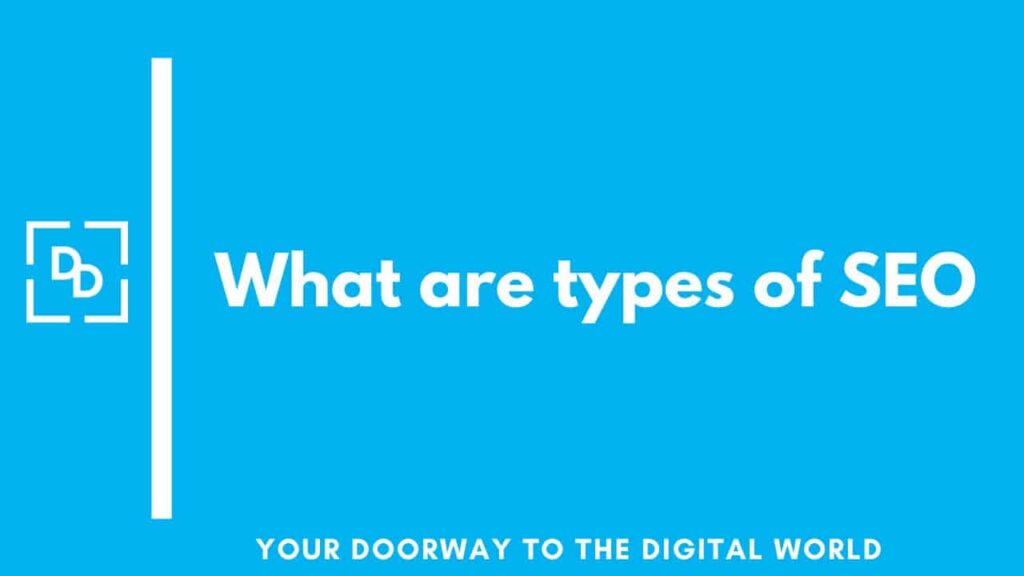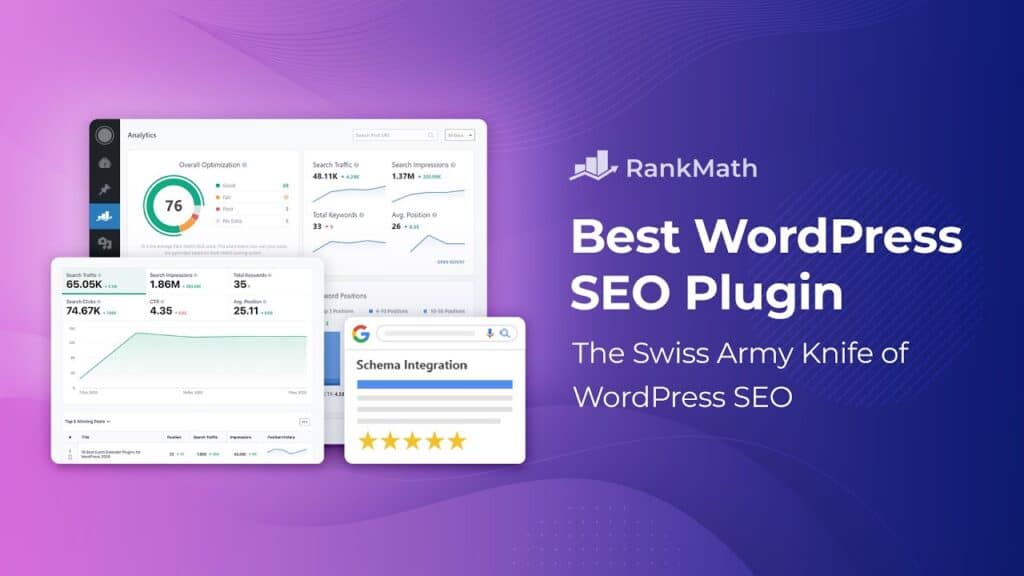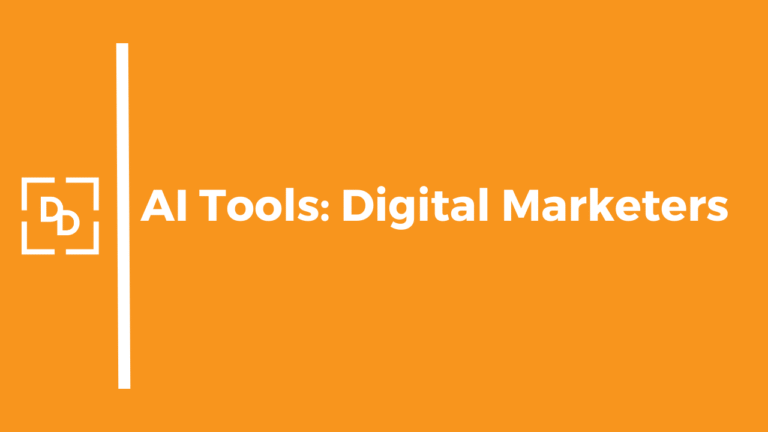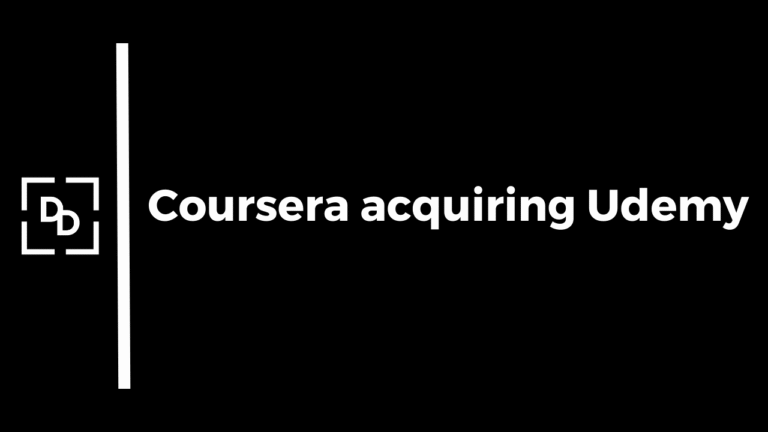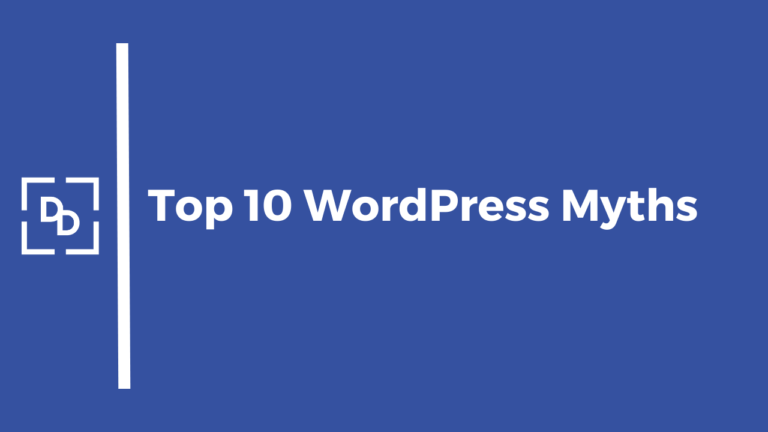Understanding Search Engine Optimization (SEO) and implementing it for your business is very important if you want to expand your reach organically.
SEO comes in different types and its important to focus on all the types of SEO and/to have a balanced approach. This blog will explain the different types of SEO
What is SEO
Lets start off by with a quick definition of SEO
SEO is the process of making a website easier to understand by search engines and friendly for users by different ways. The goal is to increase the organic traffic to your website and eventually improve the website position in search engines for keywords related to your business.
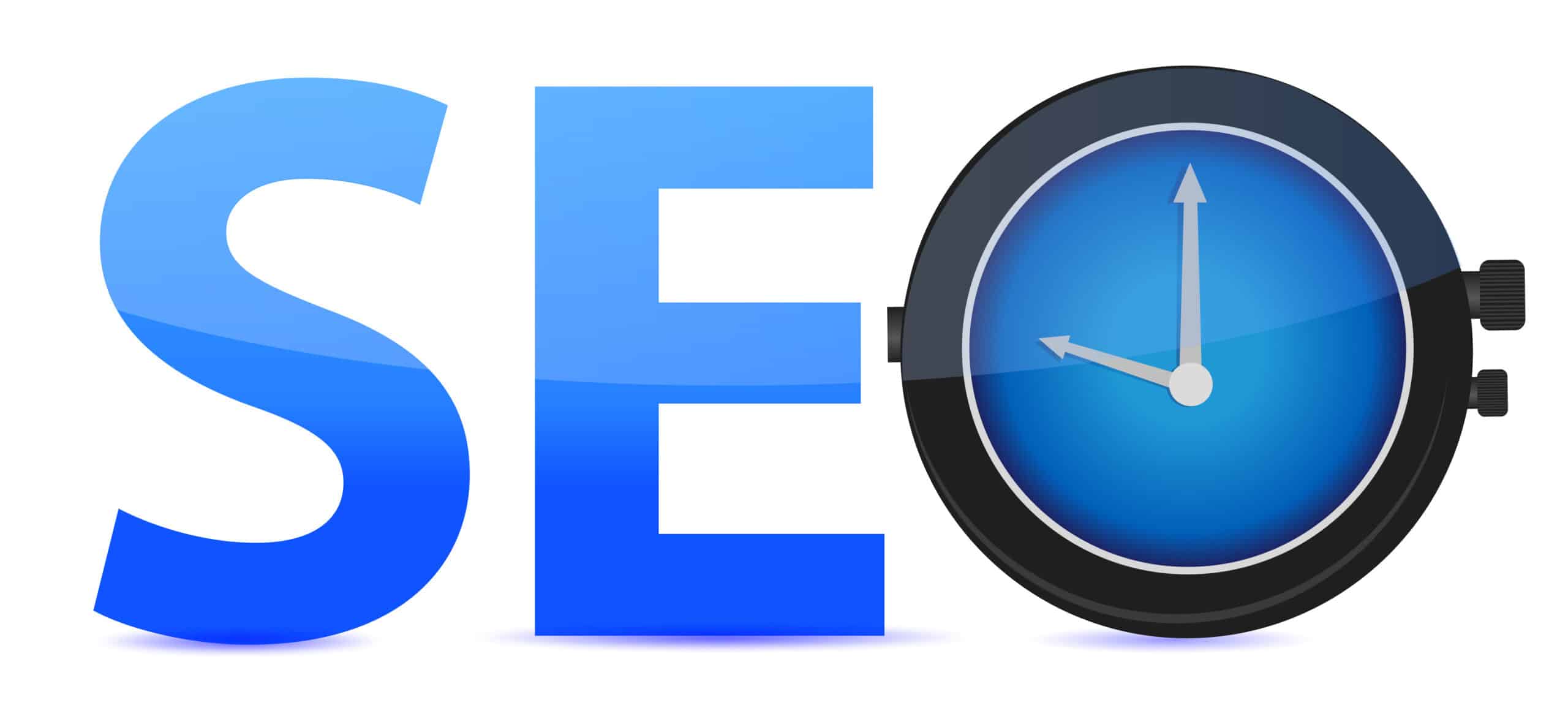
What are the types of SEO
There are 7 types of SEO which are:
- On-Page SEO
- Technical SEO
- Off-Page SEO
- Local SEO
- Mobile SEO
- eCommerce SEO
Primarily, On-Page, Technical & Off-Page SEO are considered to be most important and recommended to be implemented for all websites.
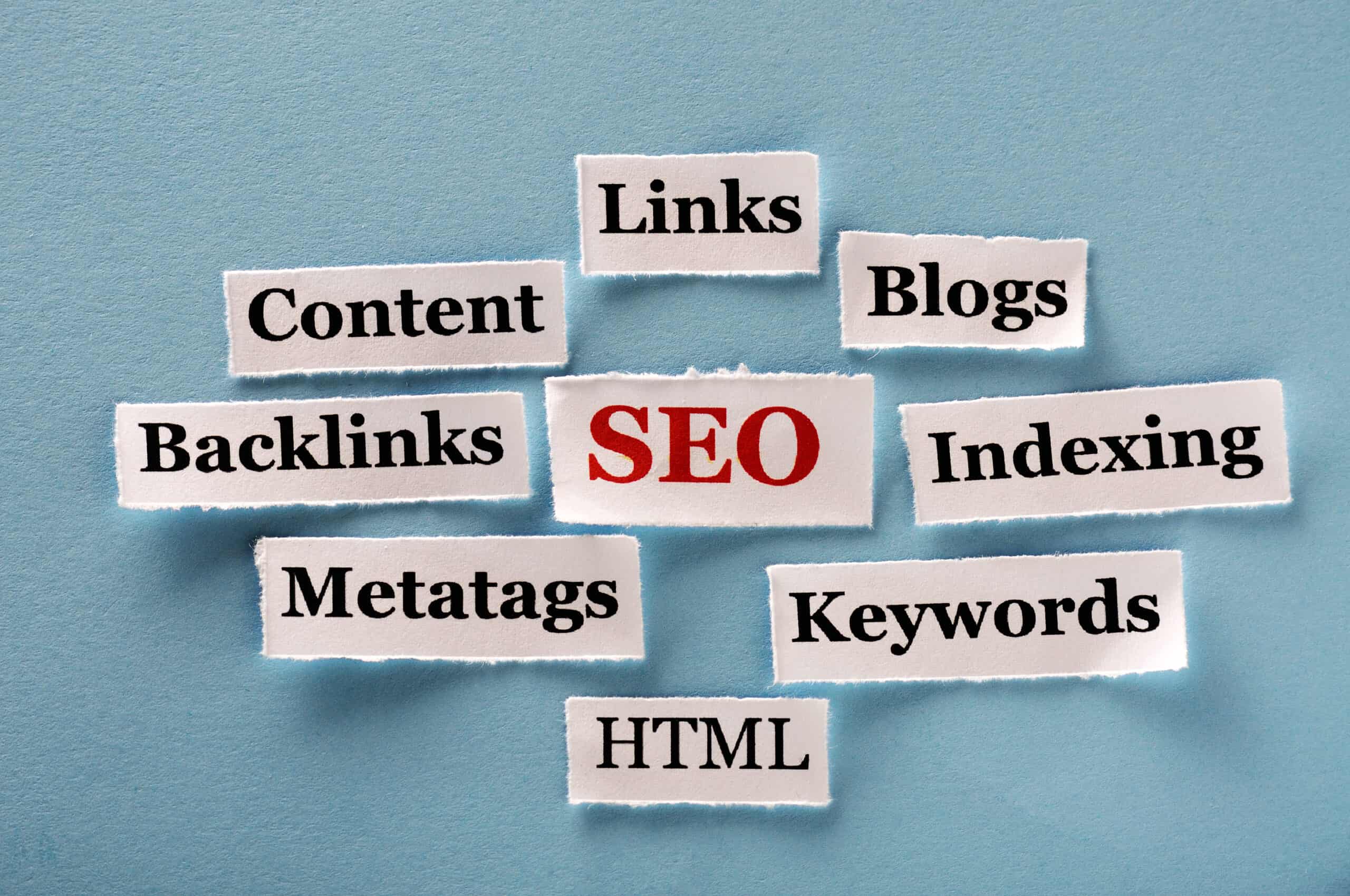
Lets take a look at each of the types:
On-Page SEO
On-Page SEO is the practice or technique of optimizing individual web pages to rank higher on the SERP’s (search engine result pages) and get more relevant traffic from the search engine.
Search Engines usually rank the website as a whole but they also check/review each page individually. So its important that all pages follow search engine guidelines to maintain consistency.
Here are some factors of On-Page SEO
- Optimize H Tags: Use a mix of H1, H2, H3..H6 tags to organize tyhe page content & signal to search engines what the page is about
- Optimize Page Titles: This is a very important ranking factor. Page titles are shown in the search results and should be interesting for the user to click. The title of the page should also give a clue to search engines about what the page is about
- Add Meta Data: Meta titles & meta description is very important as they are visible to the user on search engines. A good title & description encourages the user to click on your website link
- Optimize Images & Videos: All images used on the website should be properly optimized else search engines won’t understand what the images are. Things like adding Alt text, file size, are critical elements. Also when you are uploading a video, its a good practice to use a YouTube or vimeo hosted link instead of directly uploading the video on the website in order to make the website lighter
- Content: Make sure the website content is rich, high quality and includes relevant keywords
Technical SEO
Technical SEO refers to improving the technical aspects of a website in order to increase the ranking of its pages in the search engines. It involves bots or crawlers properly crawl the website and index it without any issues.
The most important factors in Technical SEO are:
- XML Sitemap: Creating an XML sitemap and submitting to all major search engines like Google, Bing, Yandex, Yahoo, Baidu etc
- Optimizing site structure
- Creating robots.txt file and submitting it
- Adding Canonical tags
- Adding no-index tags
- Ensuring the website is Mobile Friendly
Recommended Reading: Our Technical SEO guide covers in detail everything you need to know about Technical SEO
Master Technical SEO & unlock the full potential of your website with our comprehensive course
Off-Page SEO
Off-Page SEO deals with the actions that are performed outside your website to improve ranking on the SERP’s – Search Engine result pages. While On-Page & Technical SEO focus was more on the website itself, Off-page has to be with techniques you can use to promote your website on the Internet.
The most common Off-Page SEO methods are:
- Link Building: This is the process of getting Backlinks from other websites which are authoritative
- Content Promotion: This involves promoting your content on other websites & blogs in order to drive back traffic to your website
- Brand Mentions: This refers to the case when someone refers/talks about your brand on the Internet without including a link to your website
- Influencer Outreach: This involves reach out to popular social media Influencers in your industry and asking them to promote your business/websites on their platforms
- Online Reviews: This refers to asking your customers to leave a review on your GMB (Google My Business) page or other review websites to improve your online reputation
Check out our comprehensive guide on Off-Page SEO
Local SEO
This focuses on optimizing a website to rank higher in local search engine results. This is particularly relevant for those businesses with physical presence like Retail stores, Malls, Clinics, Cinemas, Laundry etc..
Tips to optimize local SEO:
- Claim Google my Business listing and make sure that all the information, such as NAP (name, address, phone no) is correct and up-to date
- Include location specific keywords in the website content and metadata
- Use location specific hashtags on social media
- Encourage customers to leave a rating on GMB account
- List the business in local directories & online listings
Mobile SEO
This is the process of optimizing a website for mobile devices. With more and more people having access to smartphone and internet, it is important that your website is responsive – which means that your website should be mobile-friendly in order for better readability for the user, and to rank better and higher in search engine result pages.
Here are some tips to optimize your website for Mobiles
- Make sure the website is responsive, meaning that it automatically adjusts to fit the screen size that it being viewed on
- Use a mobile-friendly layout & design
- Fonts, buttons & easy to read and understand
- Ensure that all images & videos on the website are mobile-friendly
- Improve website loading speed as slow-loading websites lead to high bounce rate as the user might leave the website even before it opens due to delay

Learn how to do SEO if you have Single Page websites
Ecommerce SEO
If you run an ecommerce business using Shopify or Woocommerce or any other platform, then this section is very important for you because SEO for e-com websites is more complex than normal websites or blogs.
Again the core objective remains the same – which is to optimize your website for search engines. But this time you have more pages to work on and optimize.

Here are some tips for e-commerce websites
- Start off the optimization with the Home page & Category pages. Then move on to Product pages.
- Optimize product pages for specific long-tail keywords, as these can be more targeted and have a conversion rate
- Optimize all the visual elements of your website like images, GIF’s, videos
- Add different Schema’s for Home page, Product pages, Category pages, FAQ page
- Use Internal linking to connect pages and help search engines crawl & index the pages
- Promote your store on social media channels
- Create & publish HTML sitemap – this page will provide a glimpse/overview of all your pages
- Use a clean mobile-friendly layout
- Make sure website is responsive
Eventually, all SEO types have the same goal – which is to optimize your website for greater visibility in search engines.
SEO for WordPress Websites
If you have a WordPress website then you can use RankMath plugin to cover the On-Page & Technical SEO aspects of your website.
RankMath follows a Freemium model, which means that you get to use the plugin for Free & also pay a yearly amount if you want to use more advanced features.
Check out our blog on RankMath here
If you liked this blog, do consider subscribing to our Youtube channel to watch such content. You can also find us on Facebook & Instagram
Subscribe to our Newsletter to stay updated on all news related to this topic. If you have any questions, email us on mail@digital-doorway.com
Frequently Asked Questions
SEO stands for Search Engine Optimization. It is the practice of optimizing a website & content to improve its position in search engine result pages (SERP's)
The different types of SEO include:
- On-Page SEO
- Off-Page SEO
- Technical SEO
- Ecommerce SEO
- Local SEO
On-Page SEO refers to optimizing individual web pages by optimizing meta tags, headings, content, URL's & internal linking, among other factors.
On-Page SEO alone can to a certain extent improve your ranking on SERP's but it won't be enough as you'd need to consider the Technical part and Off-page SEO to consolidate your position.
While having coding skills can be beneficial but it is not a necessity when it comes to Technical SEO.
Technical SEO focuses on optimizing the technical aspects of your website to improve its positions in SERP's
E-commerce SEO involves specific strategies to optimizing your online stores such as product pages, implementing structured data, optimizing for relevant keywords & improving user experience
Yes, you can sign up for RankMath SEO plugin. Sign up here


